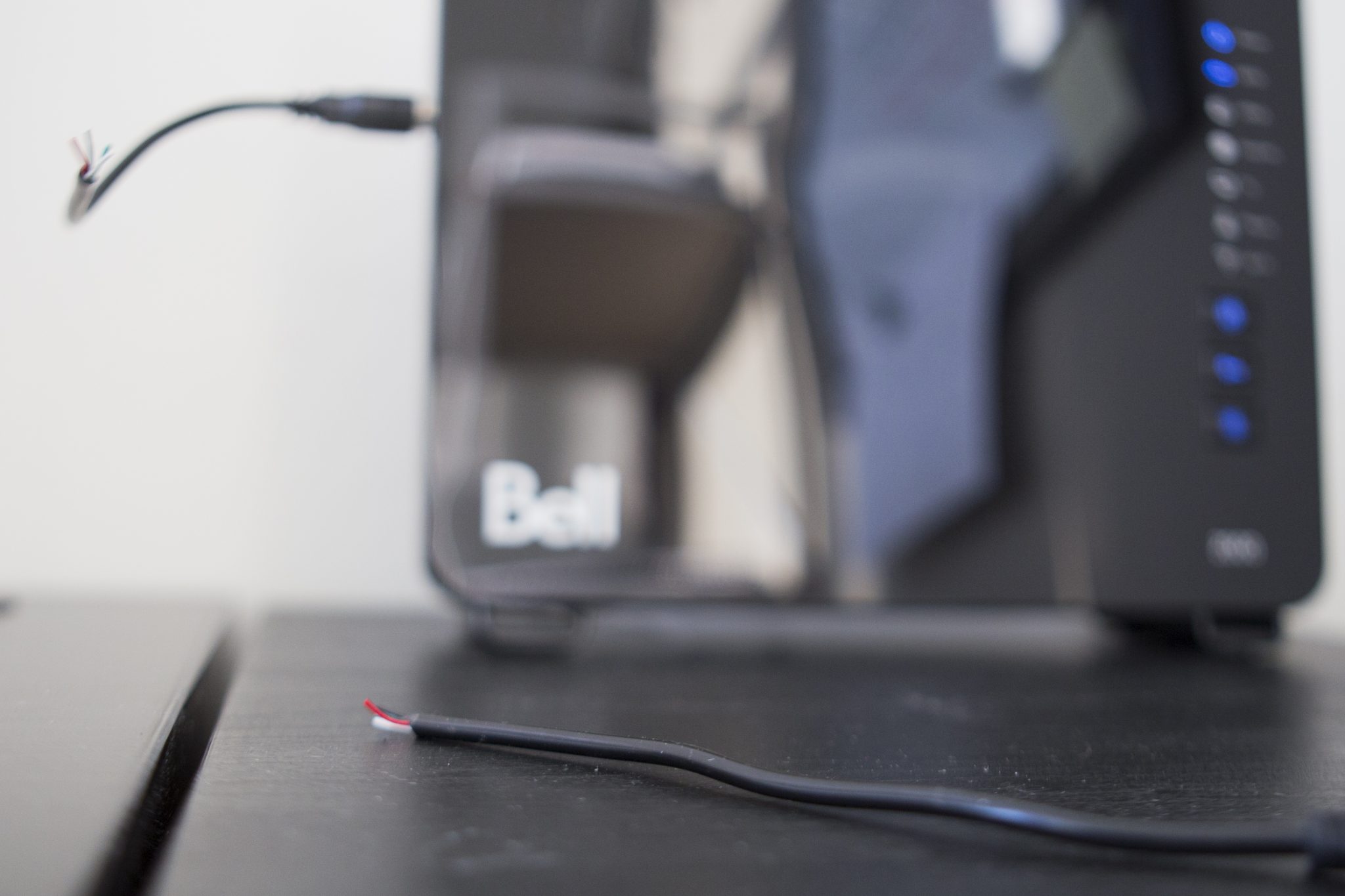Changing the way we pay for internet


Since 2005, the number of Canadians who use the internet has grown from around 68 per cent, to well over 90 per cent — 92 per cent in Ontario as of 2016 [Statistics Canada].
The potential of the internet has grown exponentially since 1995 — roughly 0.4 per cent world usage — and is now being used by nearly half the population of the world.
It has become more than just a means of communicating and translating instantaneous data across the world.
The internet has become the hub of our society, dominating and allowing for an unparalleled amount of social and cultural connection between people of all ages, races, cultures and creeds.
Its utilization in everyday life is also just as numerous.
The internet is used for communication, data transfer, research, education, organizing finances, work, getting real-time updates around the world, leisure, shopping — a nearly endless number of tasks that were previously much harder to do separately.
Because of this, the internet has become a tool that is synonymous with the everyday operation of many peoples’ lives.
The internet has also been one of the most contentious issues in North America for the past few years.
With the issues surrounding the FCC and net neutrality, price gouging by internet companies, bandwidth throttling and data compromising.
Bundling internet providers into the same sectors as other traditional housing utilities, making the companies subject to a higher executive authority — capable of properly regulating the system — and ensuring that Canadians are able to reliably access the internet, is extremely important.
The fact is that private companies can no longer be trusted to morally and ethically be responsible for one of the most important tools of the 21st Century.
Home internet needs to be regulated and maintained in the same manner that other traditional utilities — gas, hydro, water, garbage removal — are.
It should be managed in a way that has less focus on the financial and business side — the problematic aspect that often compromises quality in favor of saving money — in order to ensure the service is being properly and responsibly administered.
I personally have not had a conversation with someone who agrees that they are satisfied with their particular internet provider.
The complaints tend to range from lack of internet access, limited or infrequent quality of usage, inability to receive proper information or assistance with providers, or frustration at the exorbitant fees being demanded for the services rendered.
In the modern era, access to a stable, high-quality, reasonably priced internet service — especially with regards to mobile internet access, which is susceptible to ridiculous overage costs — is an imperative feature which needs to be more carefully scrutinized.
In previous decades, internet provision lacked proper public infrastructure due to its lack of overall usage and popularity.
Now, with nearly everyone using it, there is less need for it to be a privatized service and more need for it to be a reliably and responsibly managed utility for public use.
Bundling internet providers into the same sectors as other traditional housing utilities, making the companies subject to a higher executive authority — capable of properly regulating the system — and ensuring that Canadians are able to reliably access the internet, is extremely important.
In the same way that you never have to worry about the gas or electricity in your home spontaneously malfunctioning, or a lack of water in your home, internet service must be equally as dependable.
And if including internet in a traditional utilities bundle is not a reasonable suggestion to improving the overall state of internet quality, then there must be a continuing conversation about it that takes place.
Deceptive internet providers simply cannot be allowed to get away with underhanded tactics and practices.
If the internet plays such a central a role in our lives today, it cannot be left in the hands of privatization and erosion of quality.


